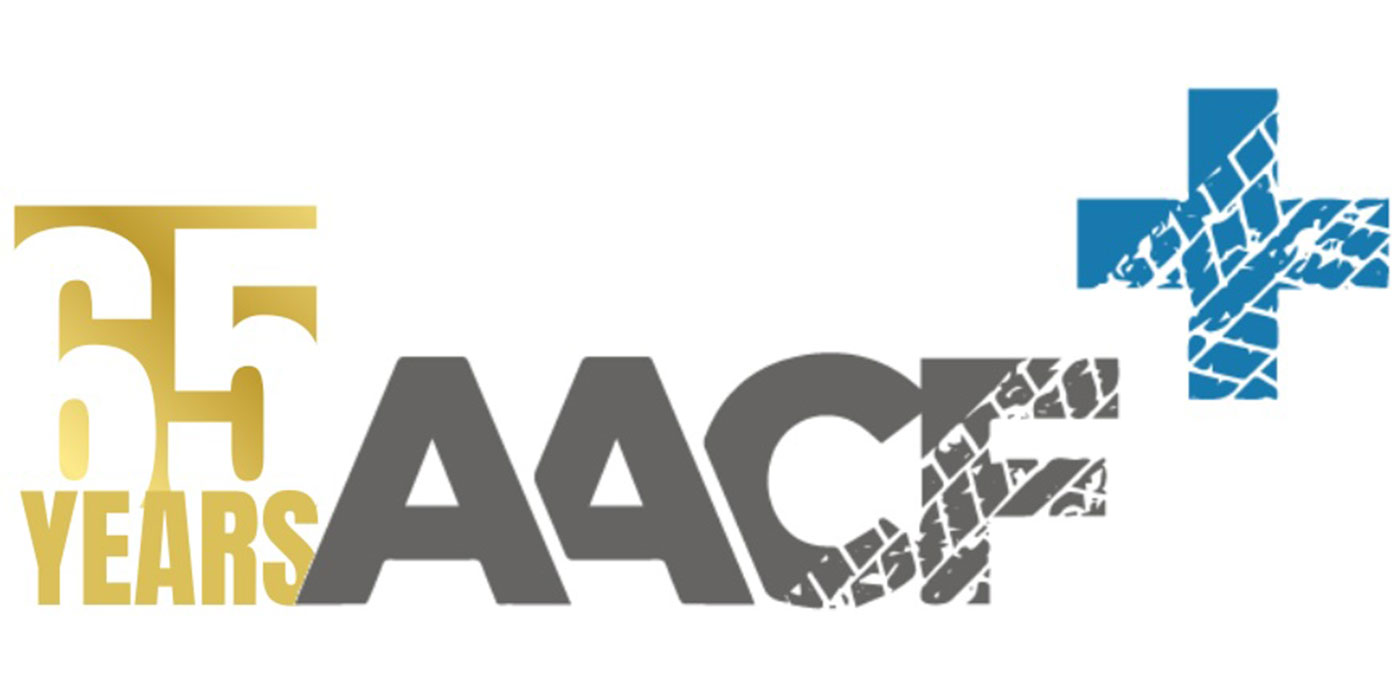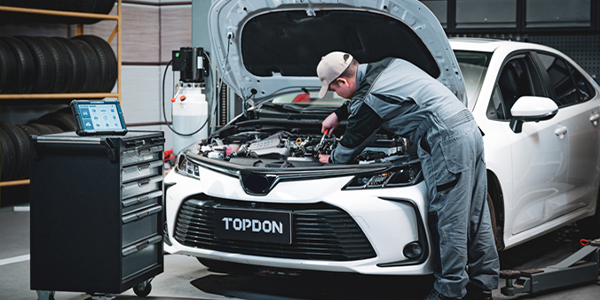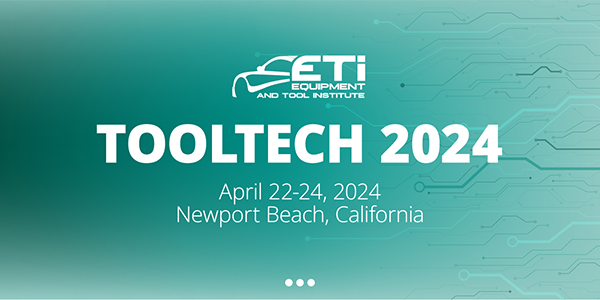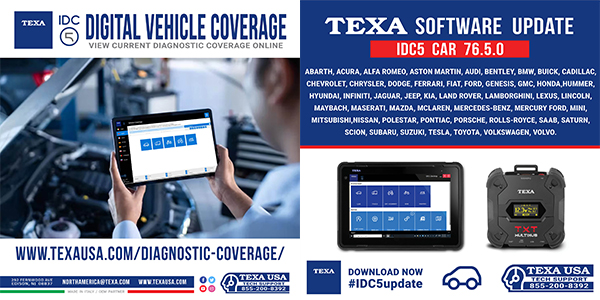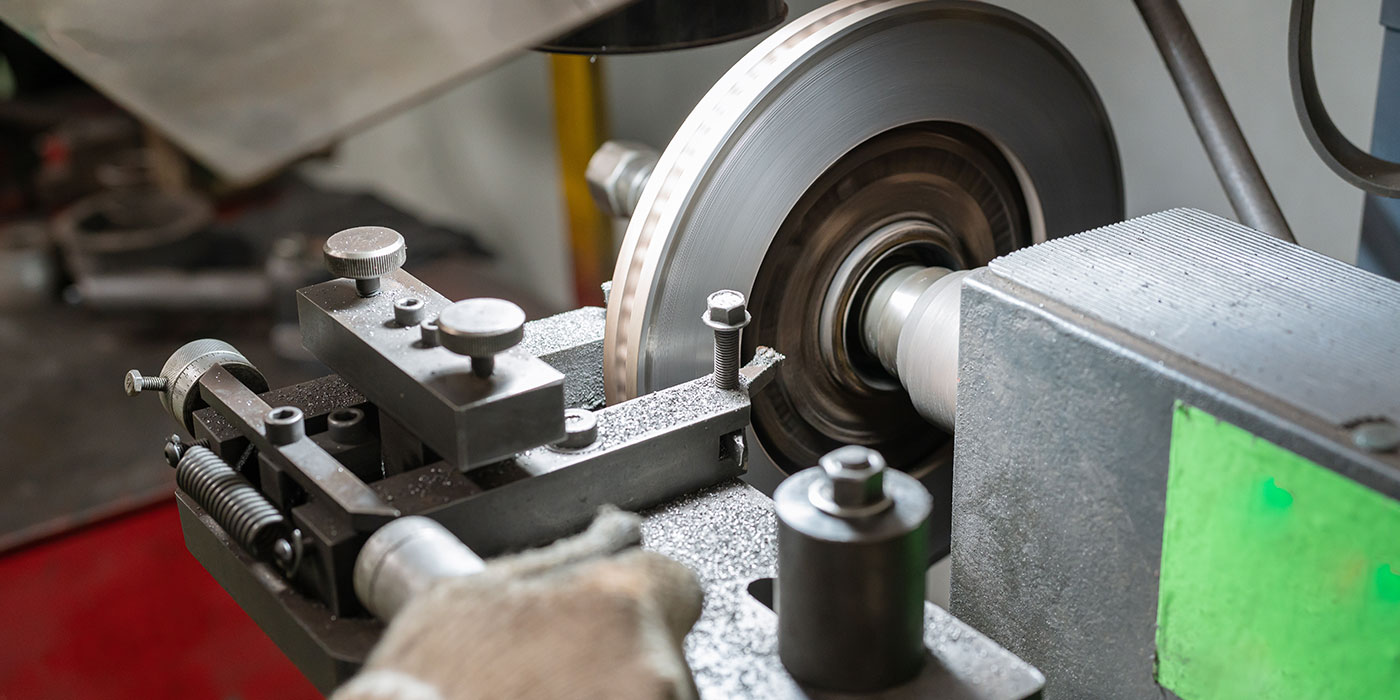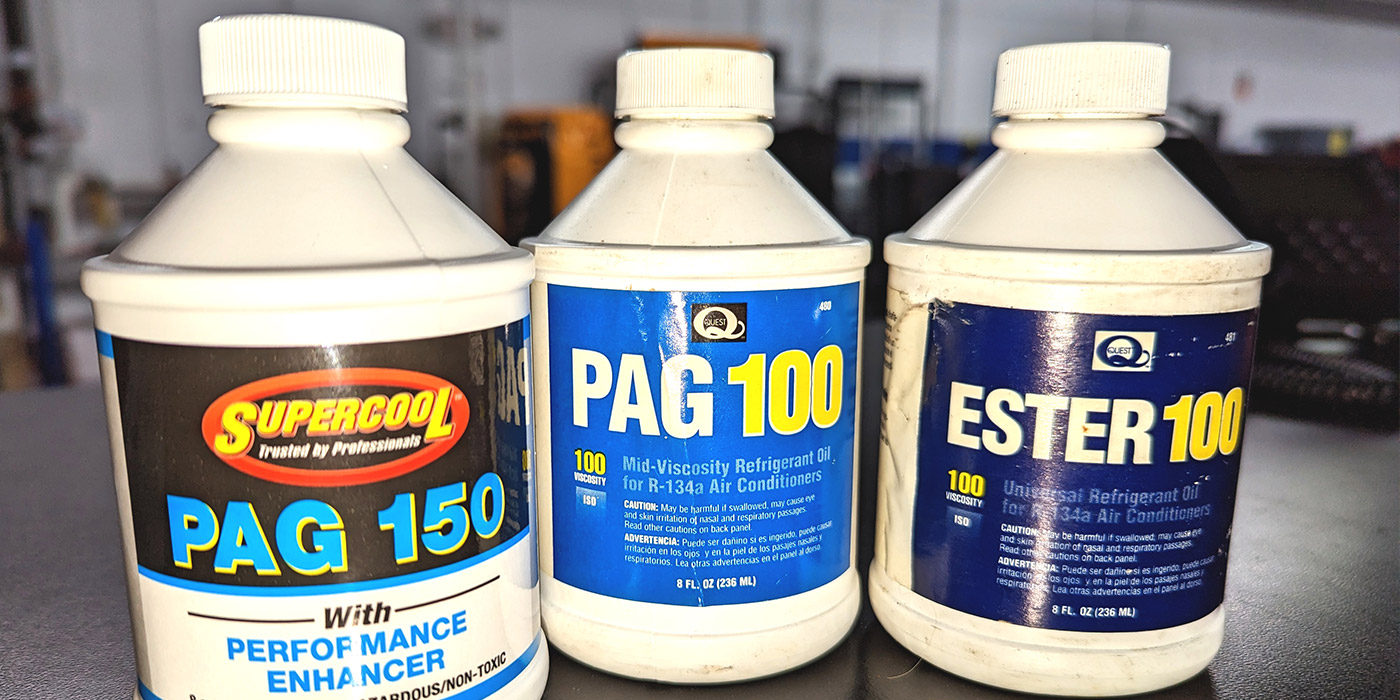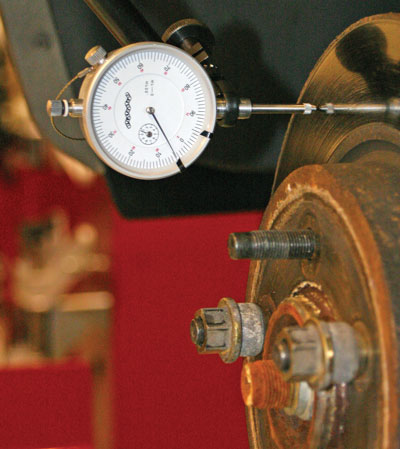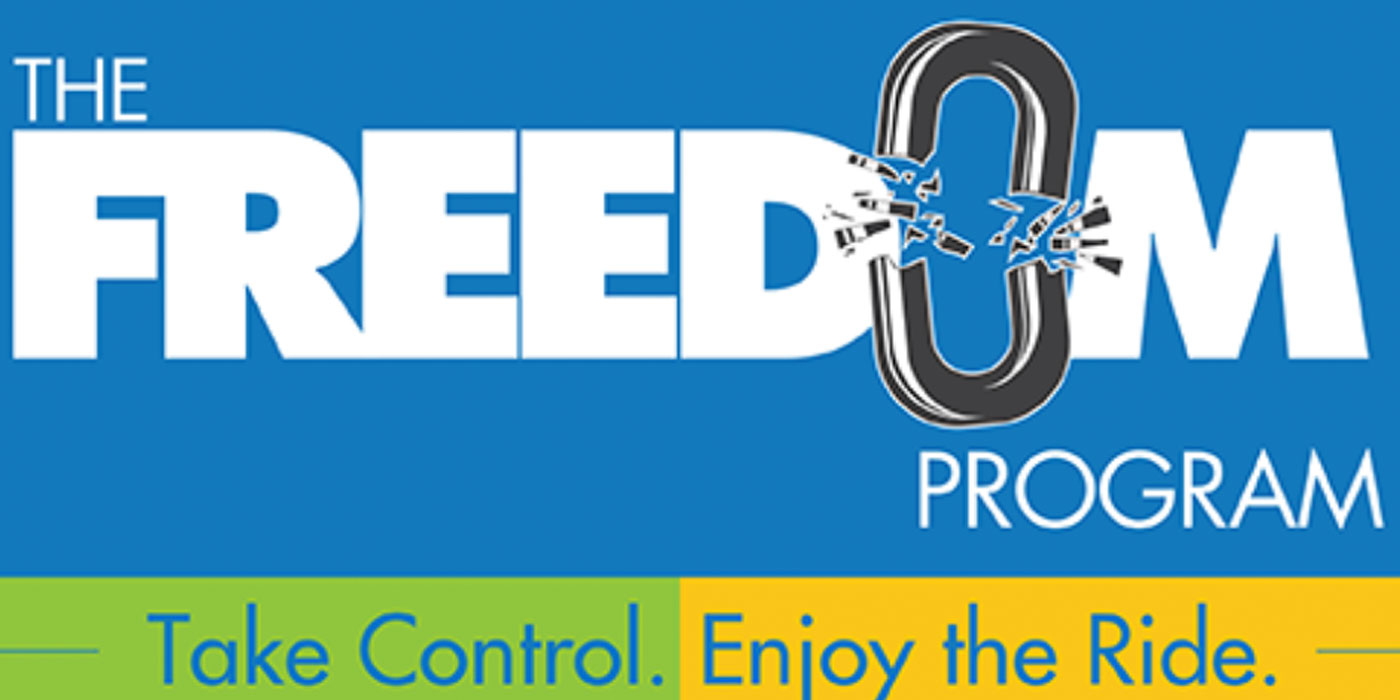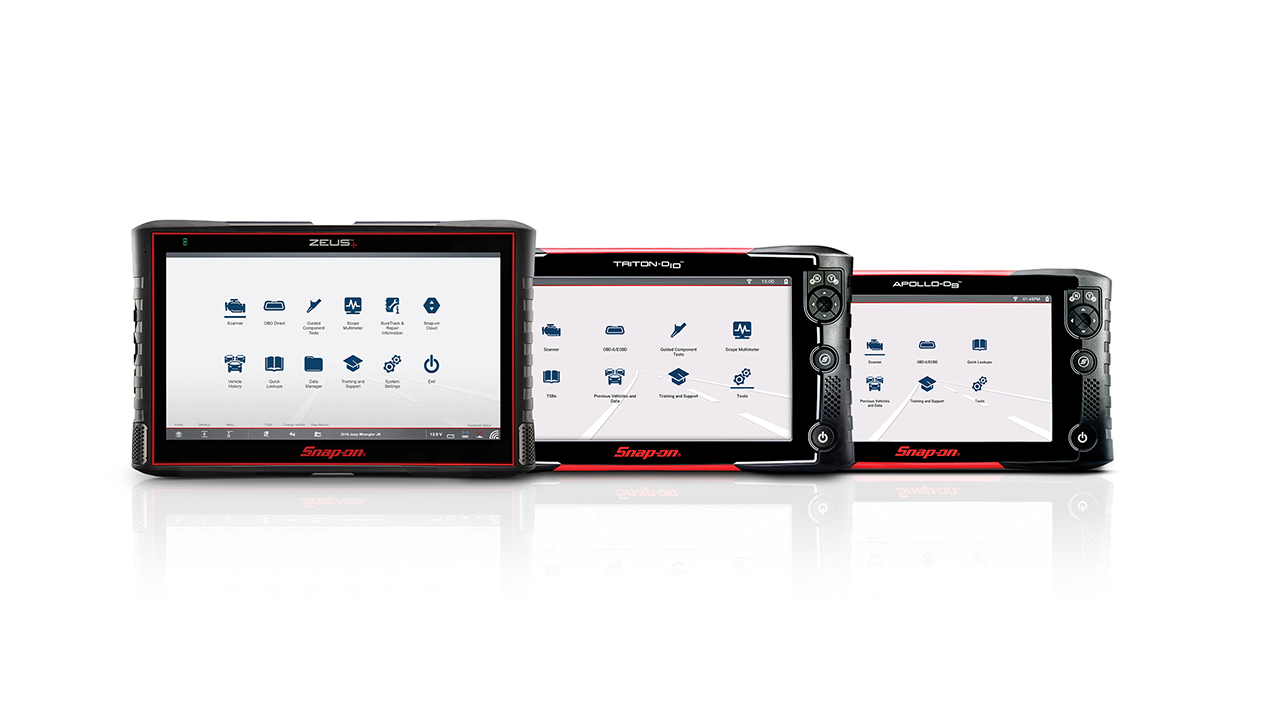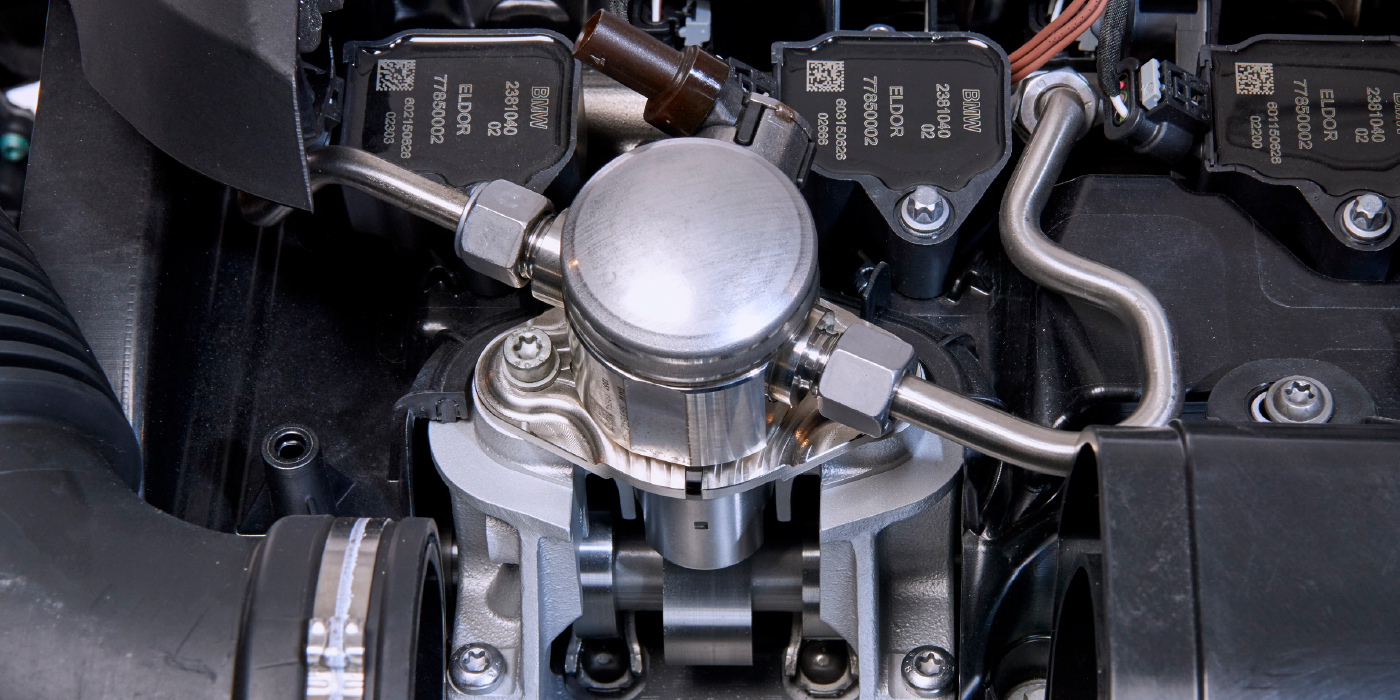In a landmark research study carried out by Ricardo for the Renewable Fuels Association, the potential impact upon older vehicles – assembled in the crucial 1994 to 2000 model years – has been evaluated of raising the ethanol blend limit of standard pump grade gasoline from E10 to E15.
Issues associated with increasing the ethanol content in gasoline has led to the creation of a group of various associations that are trying to block the U.S. EPA’s decision to move forward with national E15 fuel. For more, click here.
According to a Ricardo press release dated Sept. 15, while significant research efforts have been made to date in studies sponsored by the U.S. Department of Energy and other government and industry bodies evaluating the potential impact of E15 on 2001 model year and newer vehicles, minimal engineering analysis has previously been focused on earlier model year vehicles.
The proportion of vehicles manufactured in this era but still in use today is however significant; the model years 1994 to 2000 inclusive represent a total of 62.8 million vehicles or approximately 25% of the current overall U.S. light duty vehicle fleet.
With the interests of such a potentially large stakeholder group overlooked by previous studies, it was considered essential by the Renewable Fuels Association to quantify the risks to older vehicles of a proposed increase from 10% to 15% in the allowable ethanol content of standard pump grades of gasoline.
In keeping with the spirit of Environmental Protection Agency’s longstanding policy, a “reliable statistical sampling” approach to the analysis of the national fleet was used.
Sales trends by both calendar year and model year were studied to identify the highest volume sales of the automotive manufacturers between 1994 and 2000.
Six automotive manufacturers were identified as representing the overwhelming majority of vehicles sales for the study period, and the top selling platforms of these manufacturers thus became the focus of the Ricardo study. This approach enabled Ricardo to carry out engineering analysis without individually inspecting or testing each of this very large number of vehicles.
Based on the engineering analysis performed, the conclusion of the Ricardo study is that the adoption of E15 as the blend limit for standard US pump grades of gasoline should not adversely affect vehicles manufactured between 1994 and 2000 in terms of their performance and durability based on normal specifications and usage profile.
As such, it can reasonably be concluded that these vehicles do not represent an obstacle to raising the blend limit to E15 from the E10 that currently forms the basis of much of the commercially available US gasoline motor fuel.
Commenting on the publication of this study Ricardo, Inc. President Kent Niederhofer said: “Older vehicles represent a significant yet previously comparatively under-researched element of the U.S. national vehicle fleet.
"In considering the potential risks and benefits of increasing the current ethanol blend ceiling in regular gasoline from 10 to 15 percent it is crucial that the interests of the potentially very large stakeholder group represented by the owners of these vehicles are investigated’ he said.
Niederhofer continued. "While many previous studies by Ricardo and others have evaluated the impact of higher ethanol blends on newer vehicles, this study demonstrates for the first time that raising the blend ceiling to E15 is likely to have a negligible impact on vehicles manufactured between 1994 and 2000.”
Source: https://www.ricardo.com/en-gb

